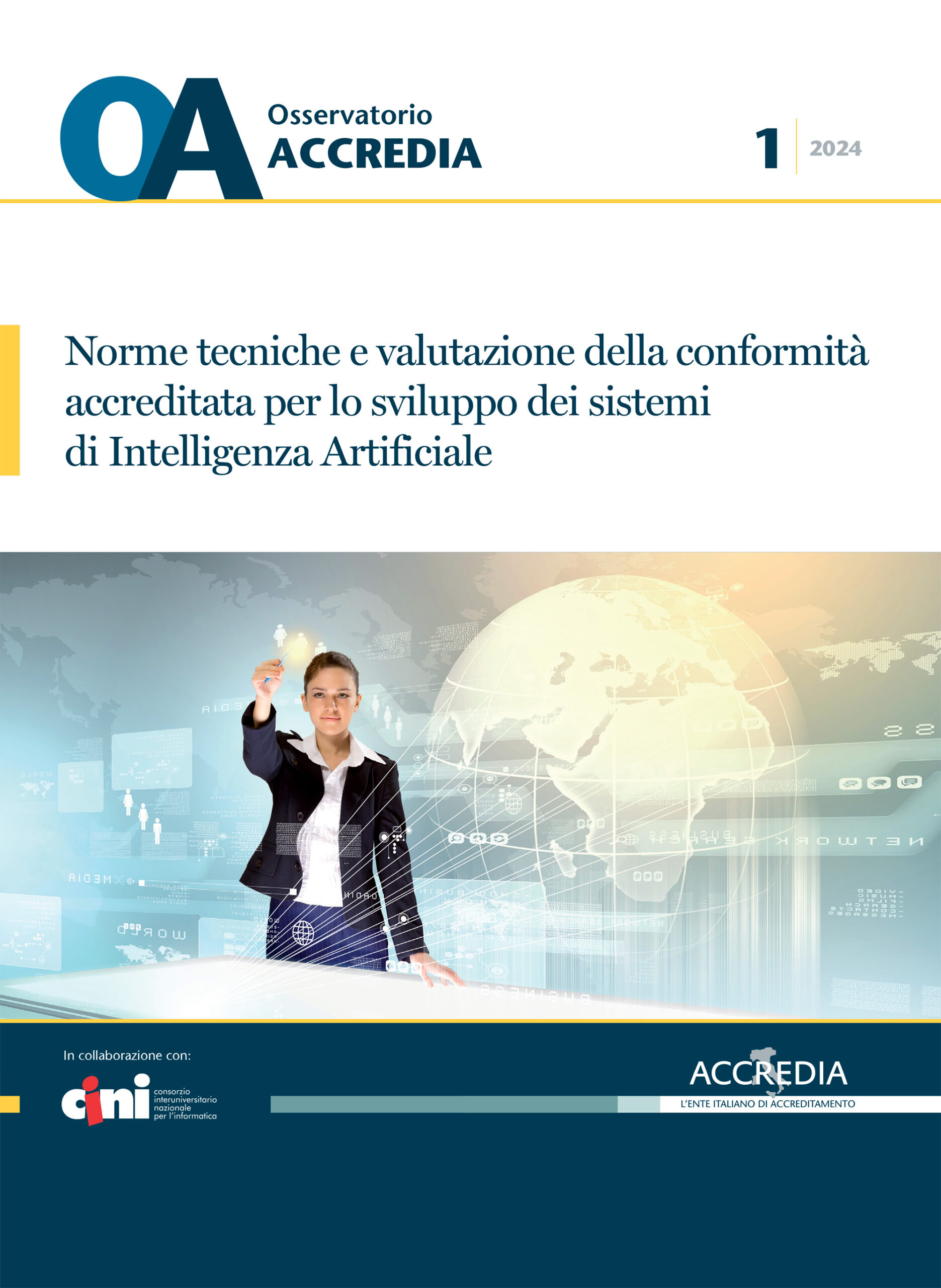Medical analyses
Medical analyses performed under accreditation are a valuable tool to support reliable diagnoses for quality healthcare.
Find out more
Biobanks
Accredited biobanks provide scientific research and industry with reproducible and comparable results on biological materials, also contributing to public health protection.
Find out more
Certifications
Accredited certifications guarantee the conformity of systems, processes, products, services and people with the requirements of international rules and standards.
Find out more
Inspections
Inspections make it possible to assess the conformity, at a given time, of a product, service, process or plant to specific requirements, or, according to the inspector's judgement, to general requirements.
Find out more
Reference materials
Reference materials are materials that are homogeneous and stable with respect to specified properties, and therefore suitable for their intended use in a measurement, or in the examination of classification properties.
Find out more
Reference Measurements
Accredited calibration laboratories provide laboratory medicine with measurement services that fulfil the requirement of traceability.
Find out more
Testing
Tests performed under accreditation consist of the determination of one or more product characteristics according to well-defined methodologies.
Find out more
Proficiency testing
Proficiency testing carried out under accreditation is the evaluation of a laboratory's performance against pre-established criteria, through comparisons with other laboratories.
Find out more
Calibrations
Calibrations make it possible to determine the indication error of measuring instruments and systems as well as the values of measurement samples in order to guarantee more accurate and reliable measurement results.
Find out more
Verifications and validations
Verification and validation activities carried out under accreditation measure the accuracy and conformity of company declarations on greenhouse gas emissions.
Find out more

































